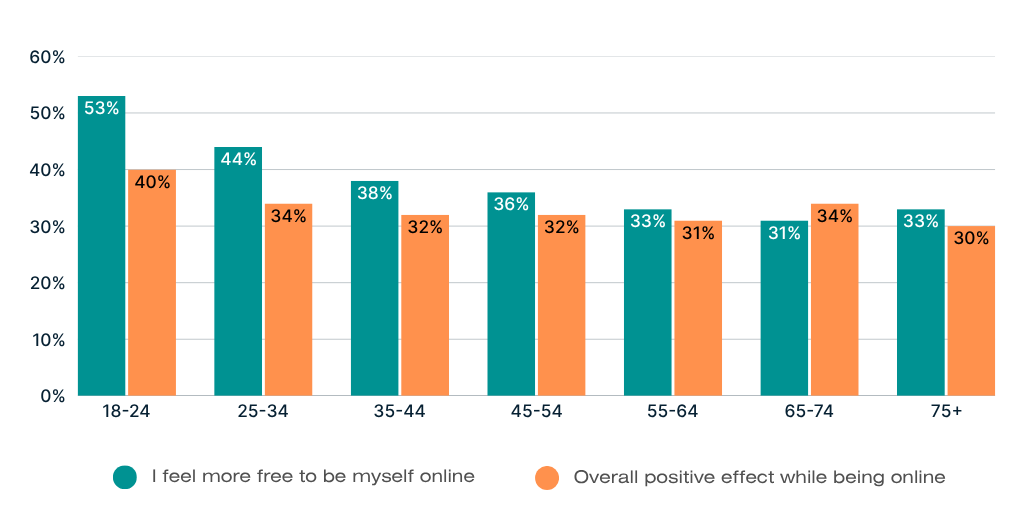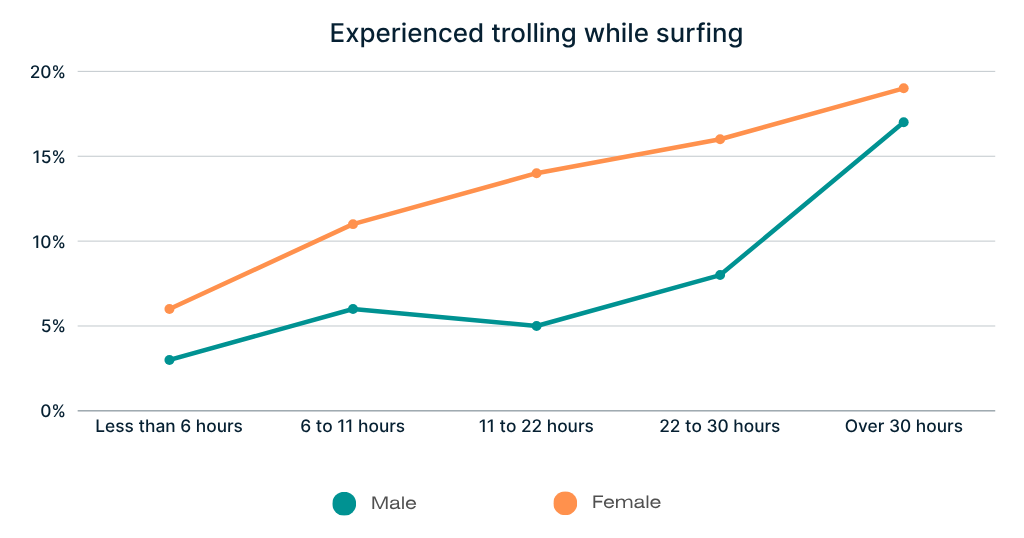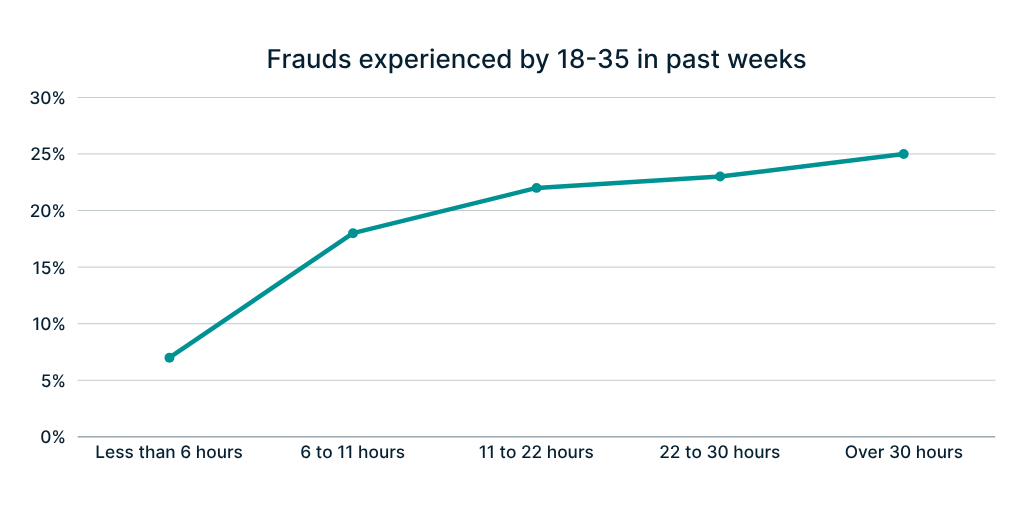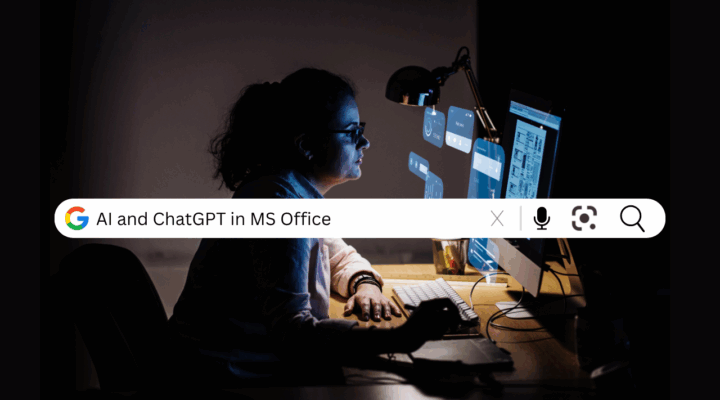
The Hidden Costs of Living in the Cloud

Sr. Data Analyst
Date Published
Reading Time
Follow us on
With the rise of social media, streaming, remote work, and e-commerce, we’re spending more time online than ever, blurring the lines between our digital and physical worlds. While this brings unprecedented convenience, connectivity, and access to information, it also sparks concerns around mental health, privacy, and an increasing reliance on the digital realm.
In today’s world, many people believe that living in the digital space offers freedom and a positive influence, especially among younger generations. But is that really the case? Beneath the surface, there’s a different reality for those who spend significant time online.

Across all age groups, the more time someone spends on the internet, the more likely they are to experience online harassment or trolling as shown in fig 2. Unsurprisingly, women face this challenge even more—about 5% more than men, on average.

Then there’s the growing issue of scams and fraud. Recently, 32% of young adults reported falling victim to online fraud. When you dig deeper, it’s not hard to see the connection: these incidents often occur during periods of heavy internet activity as per figure 3.

So, how can we protect ourselves? Is it possible to navigate the web without falling into these traps? Some may think using a VPN is the answer, but is it really the safeguard we believe it to be?
Surprisingly, data shows that VPN users across age groups experience 32% more trolling than those who don’t use one. Among those aged 18-35, using a VPN to avoid fraud leads to even more troubling outcomes—these individuals report 16% higher rates of scams, phishing attempts, and other fraudulent activities.
In a world where online engagement seems inevitable, it’s important to recognize that the solutions we rely on might not always provide the protection we expect. How we approach our digital lives may need to evolve to truly address these growing challenges.




